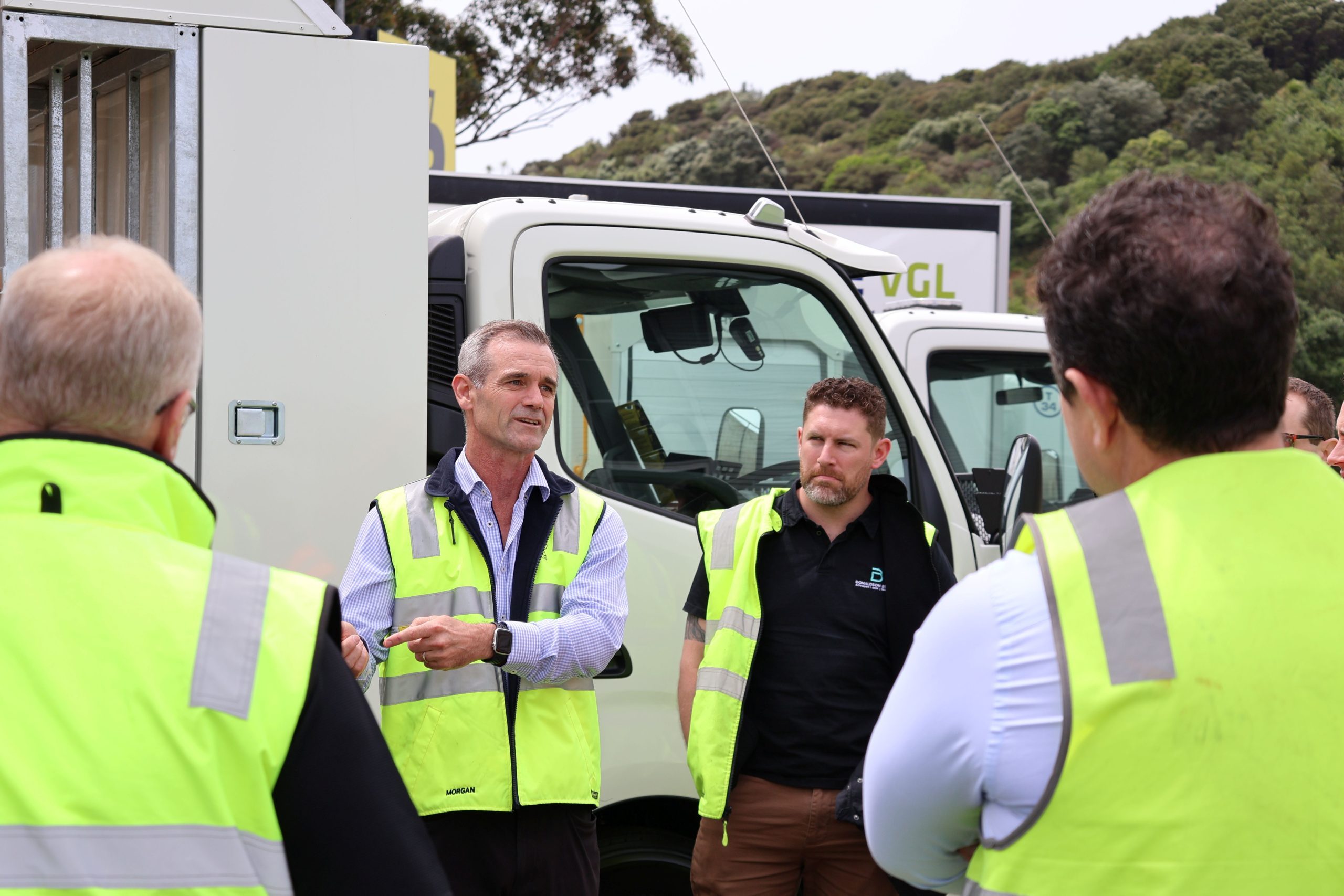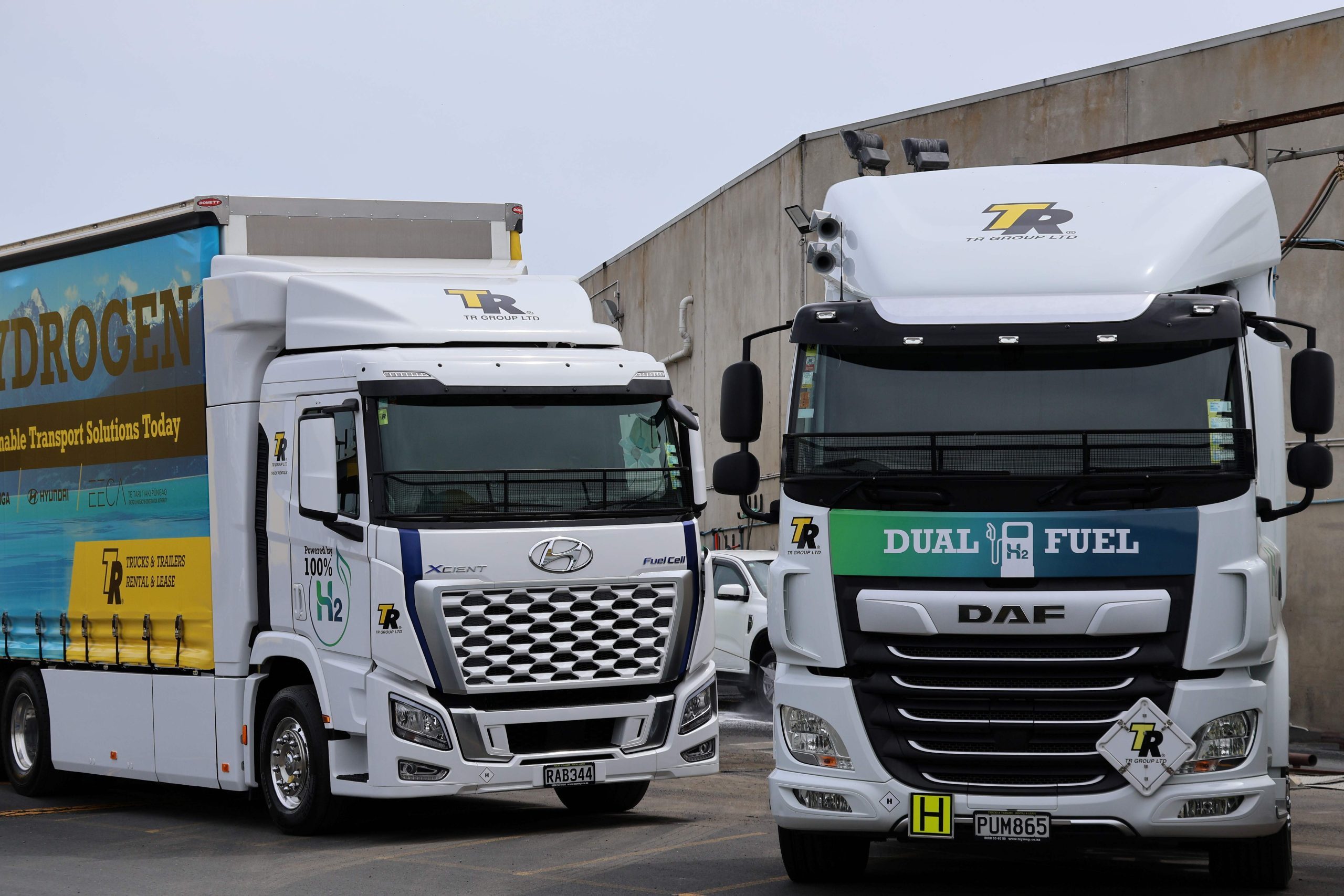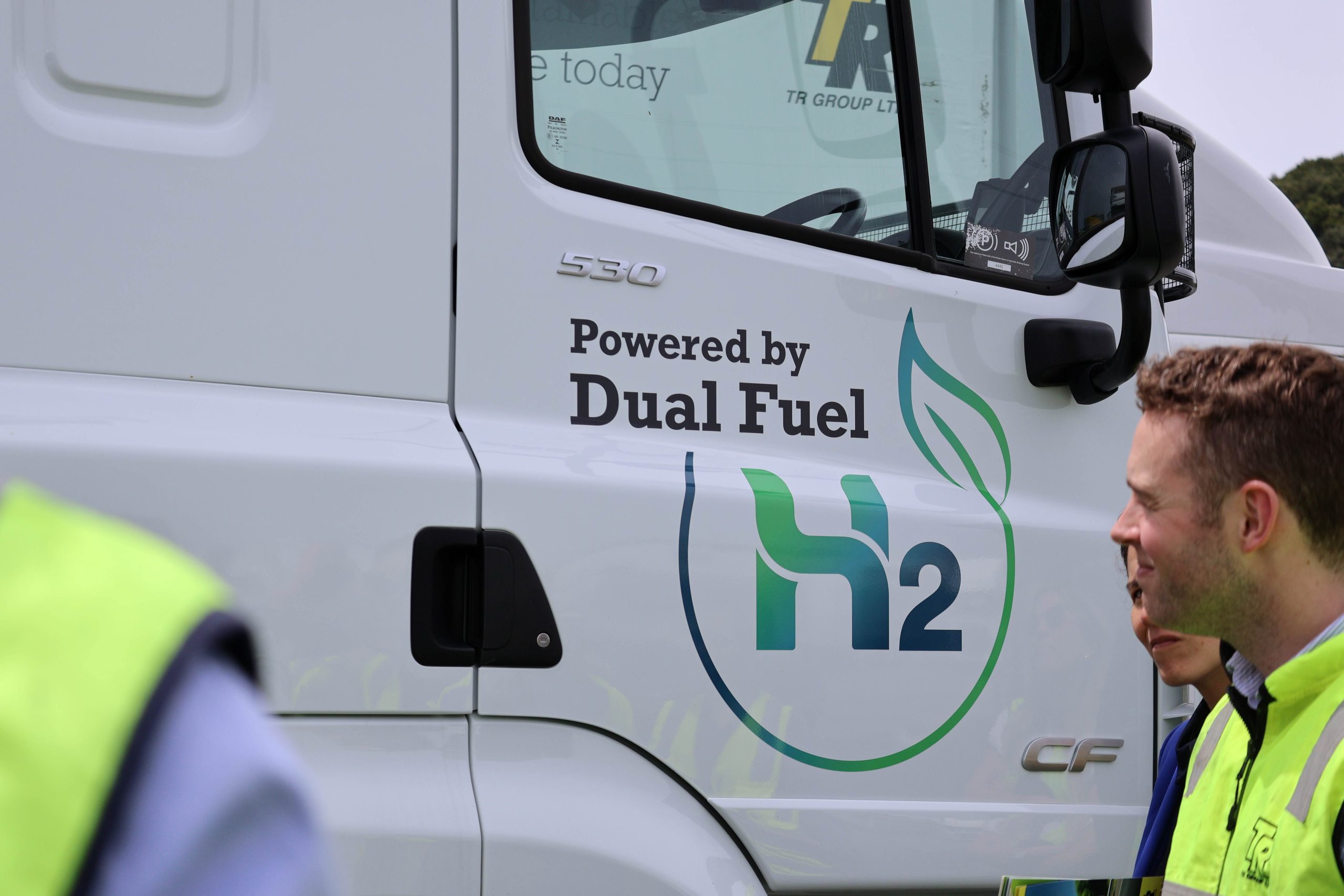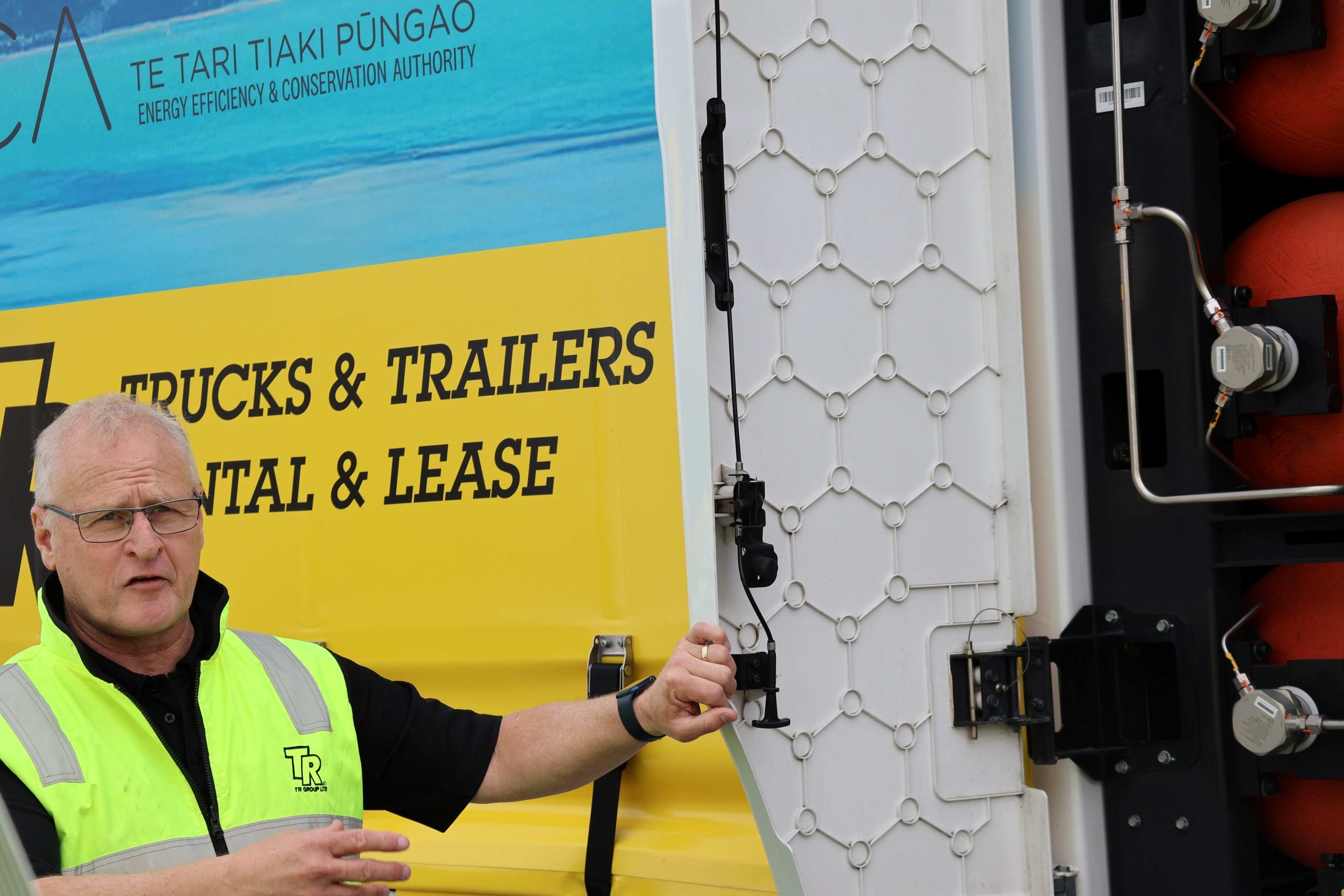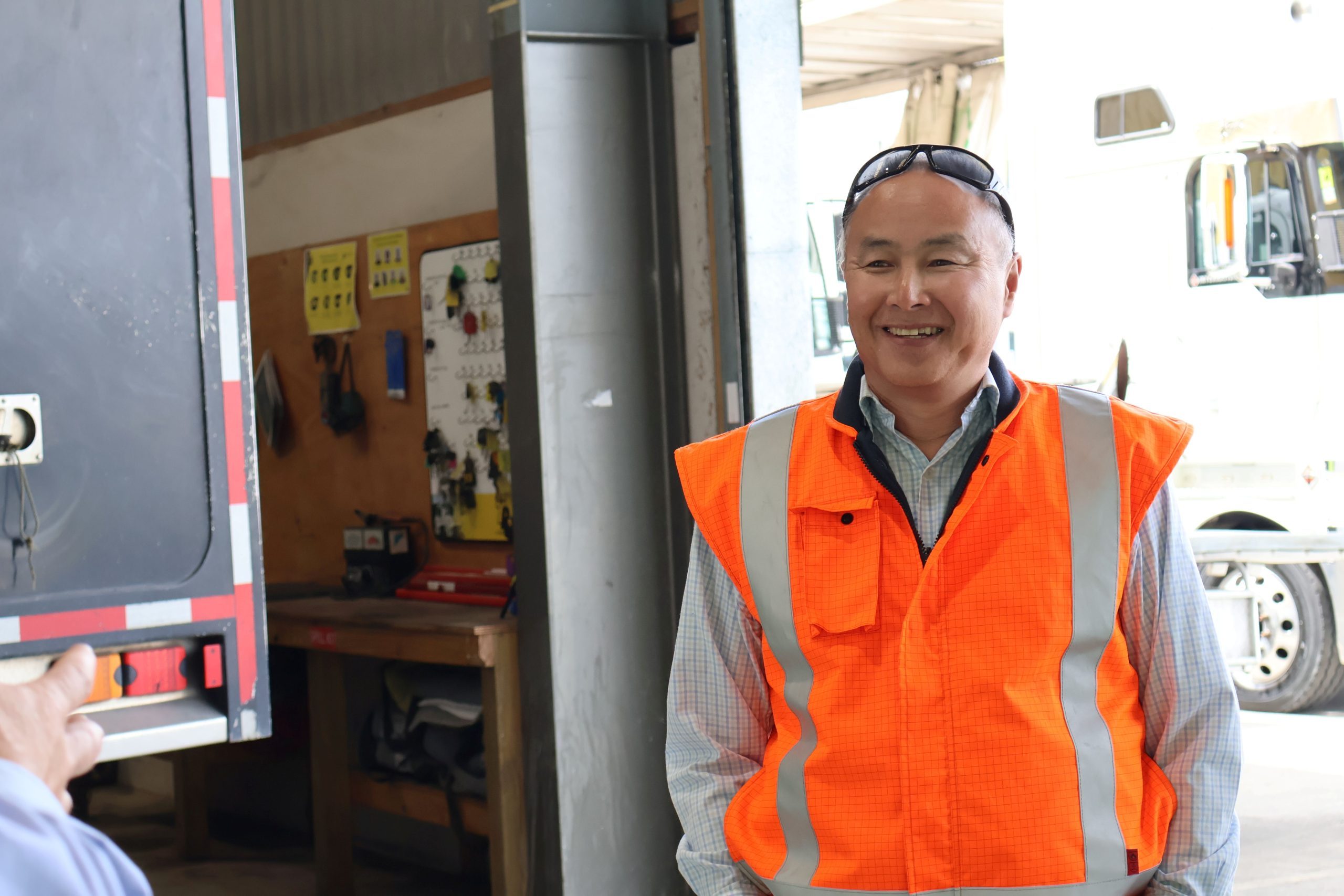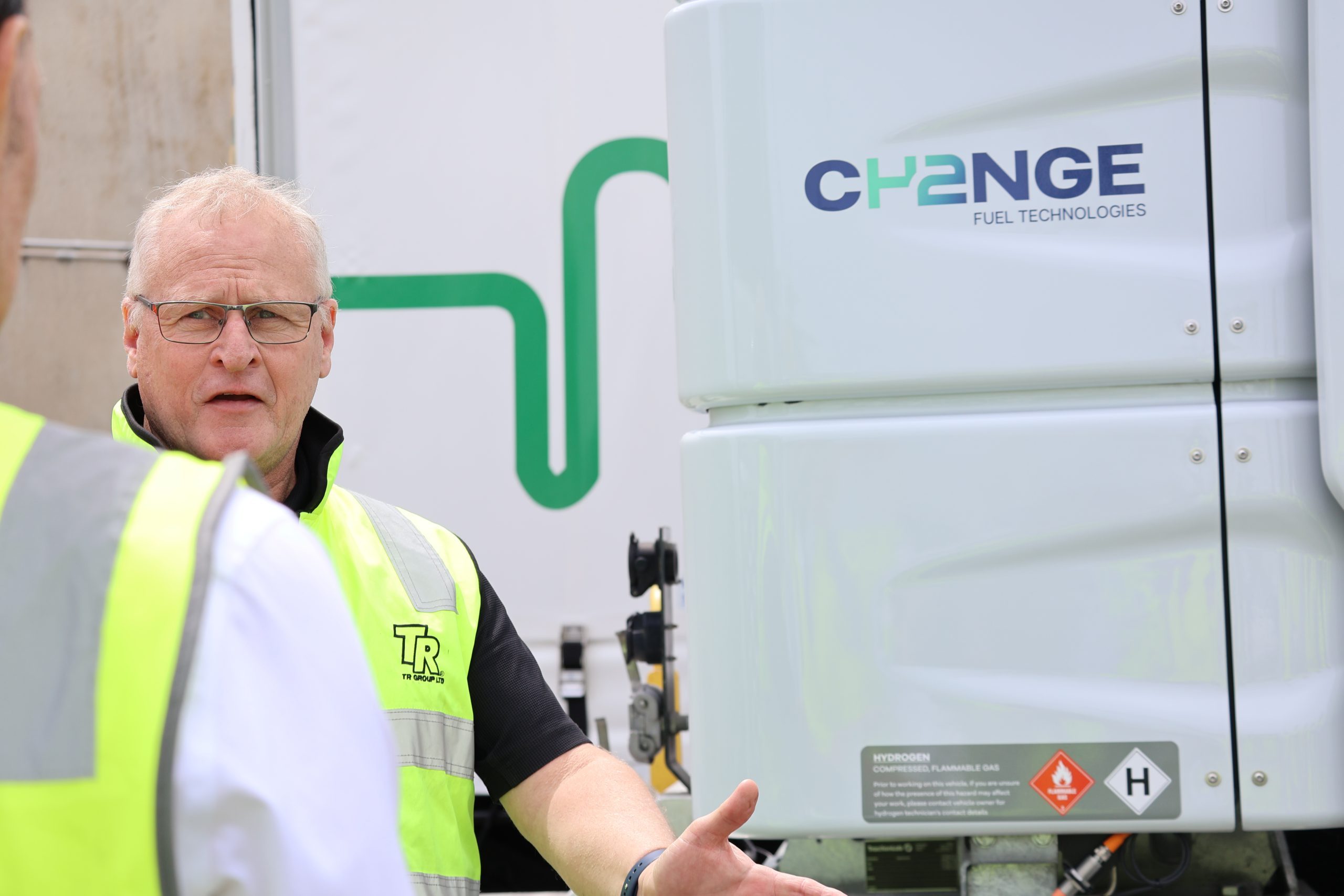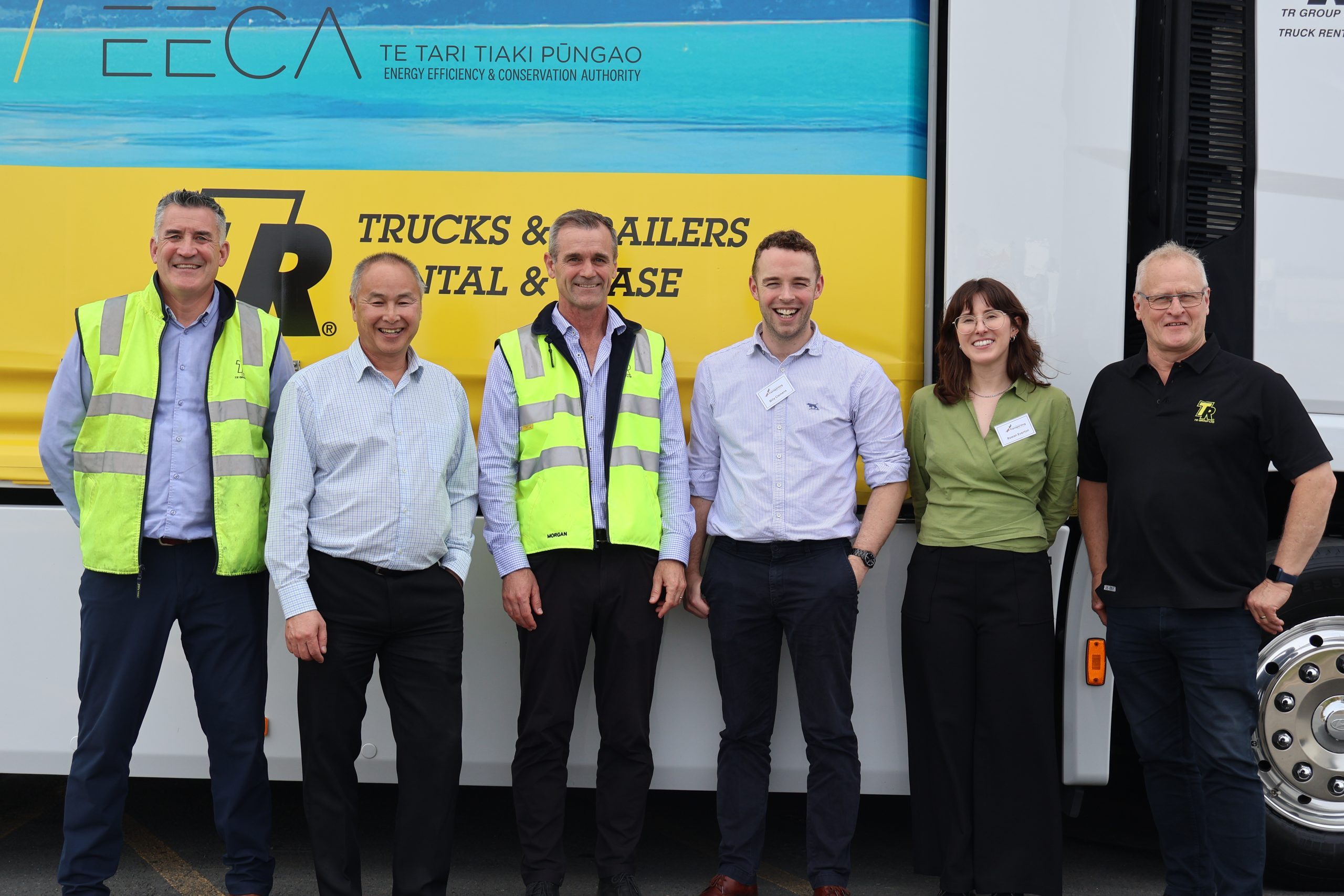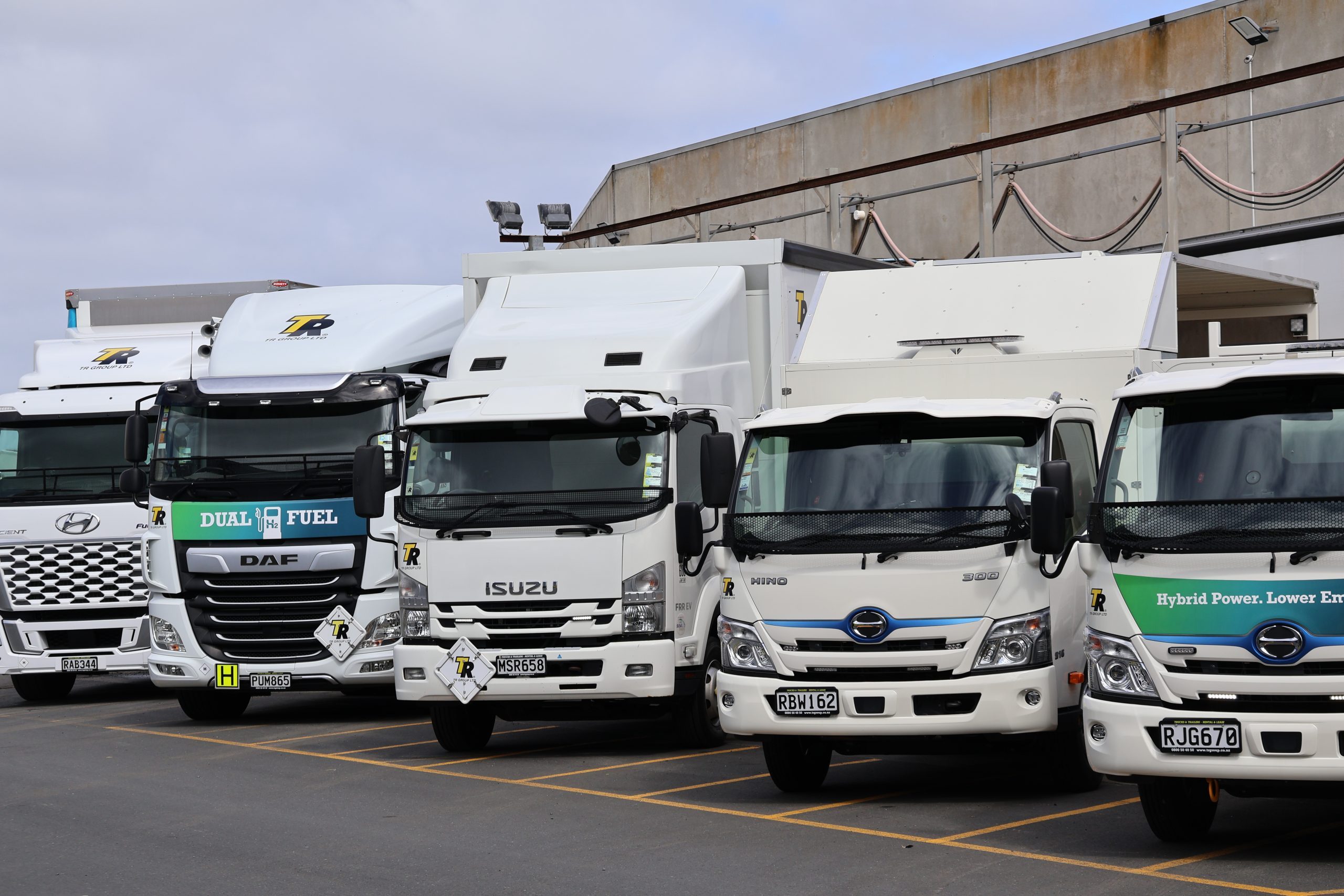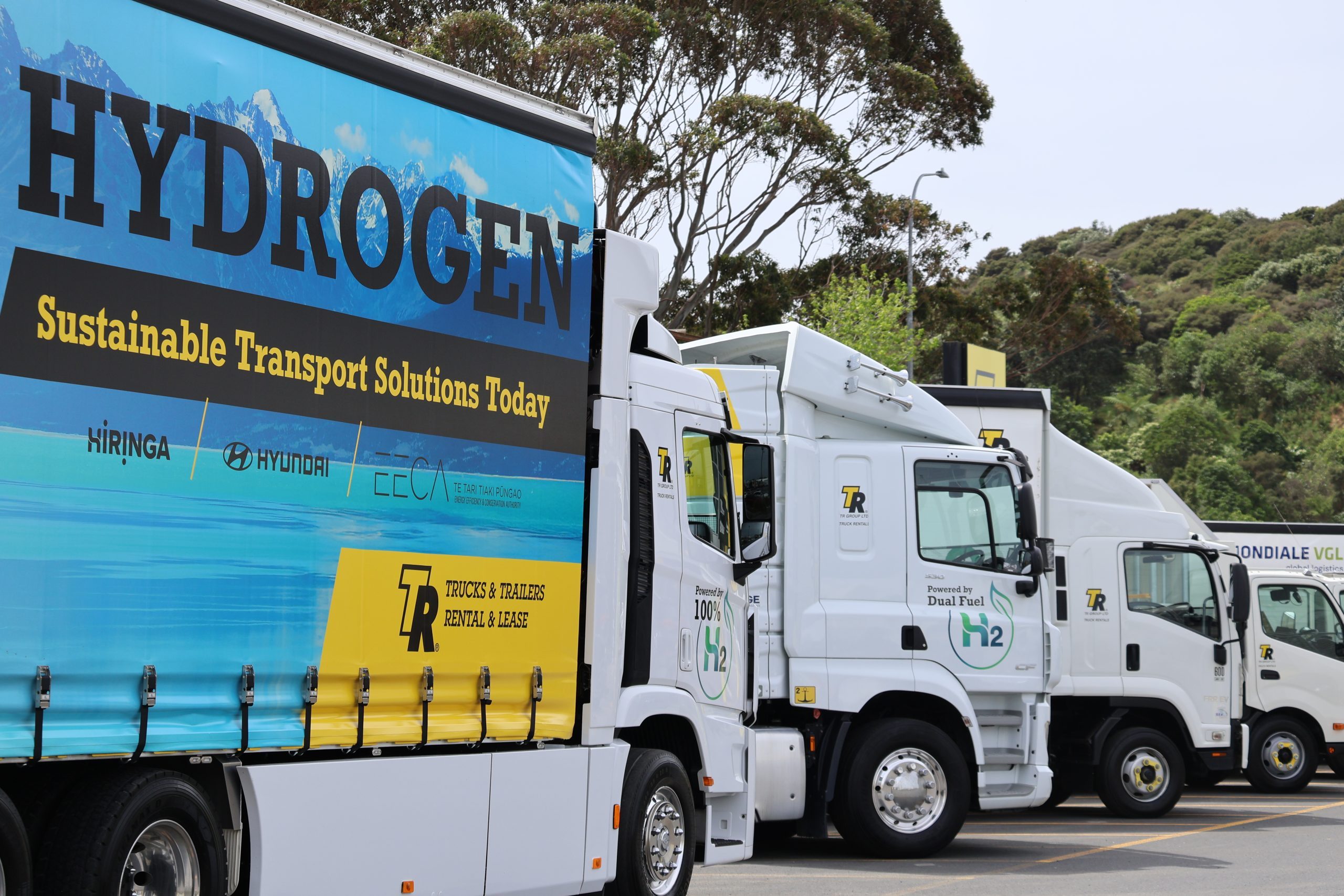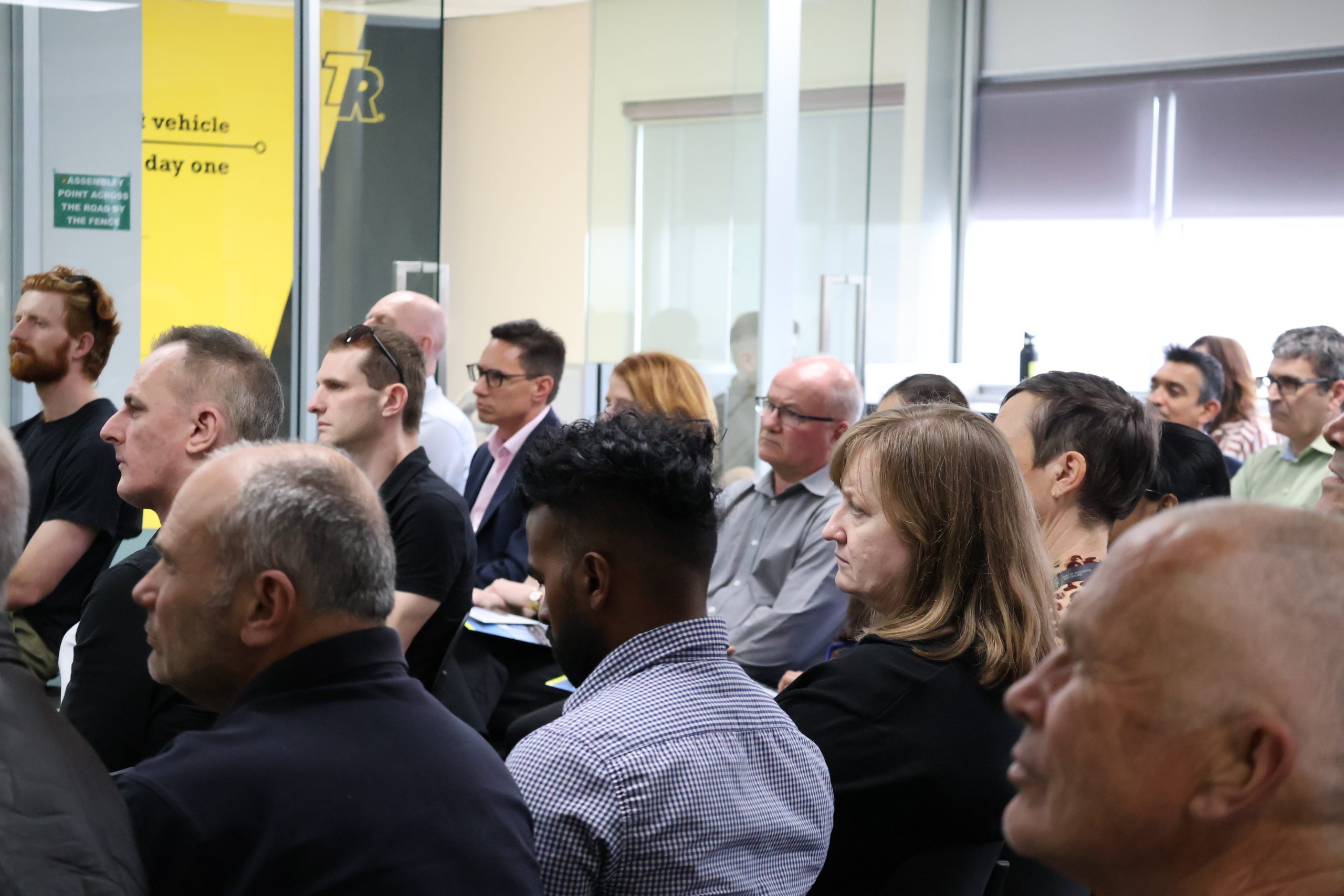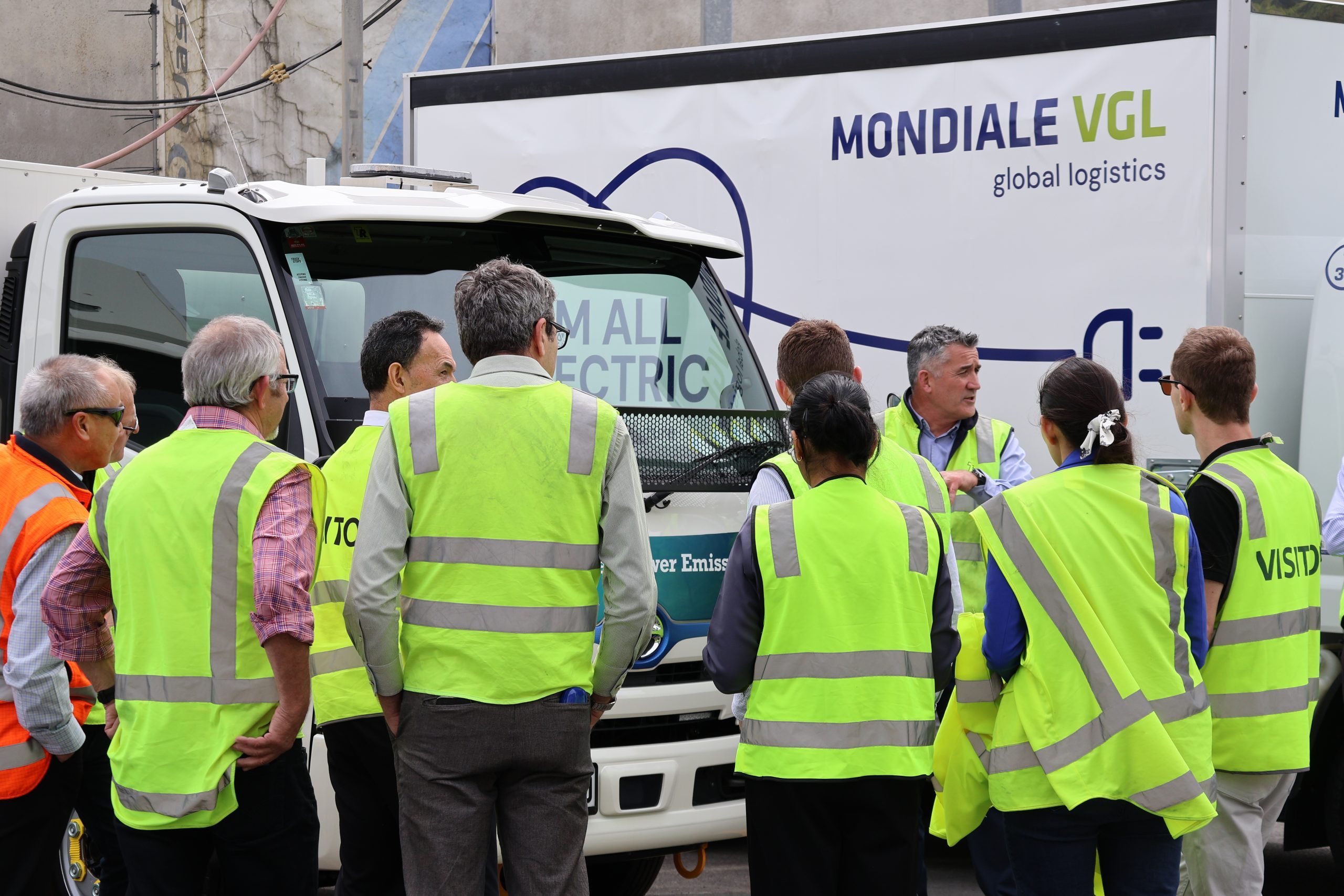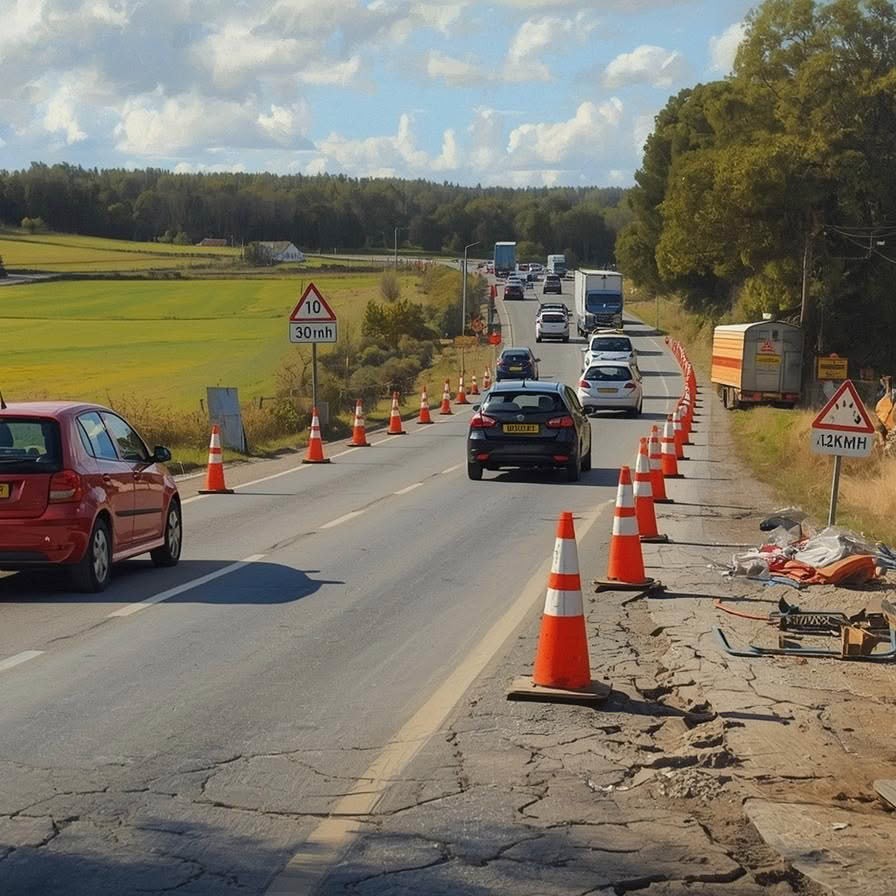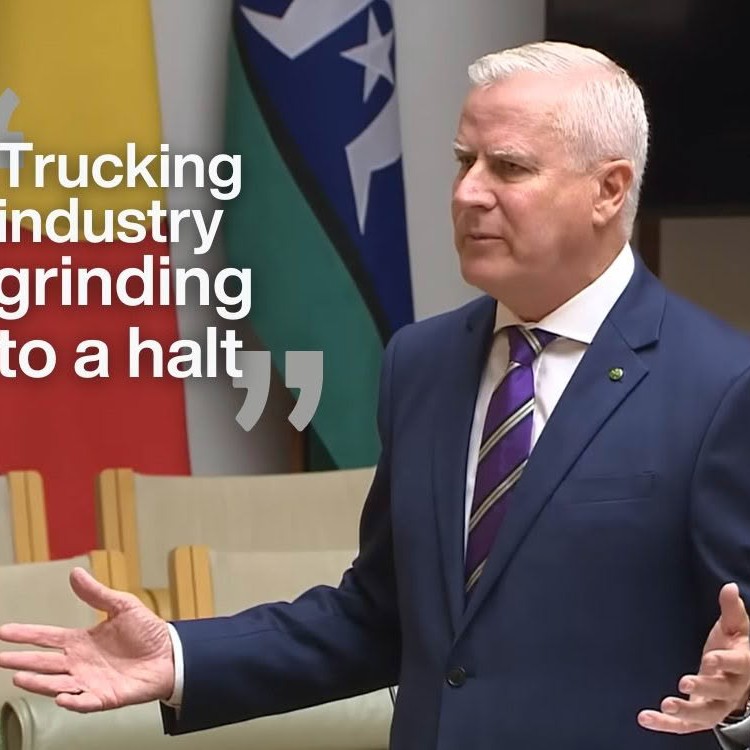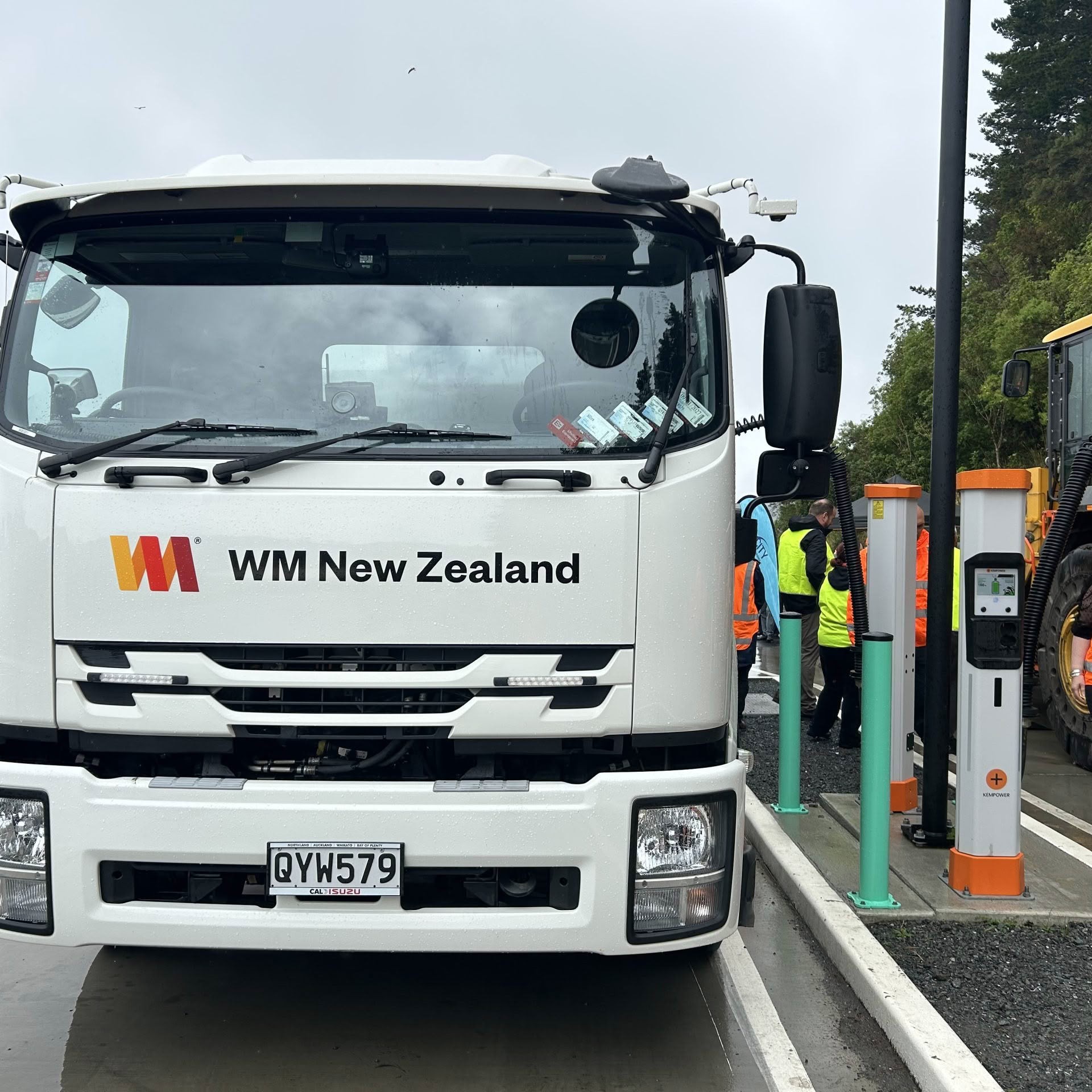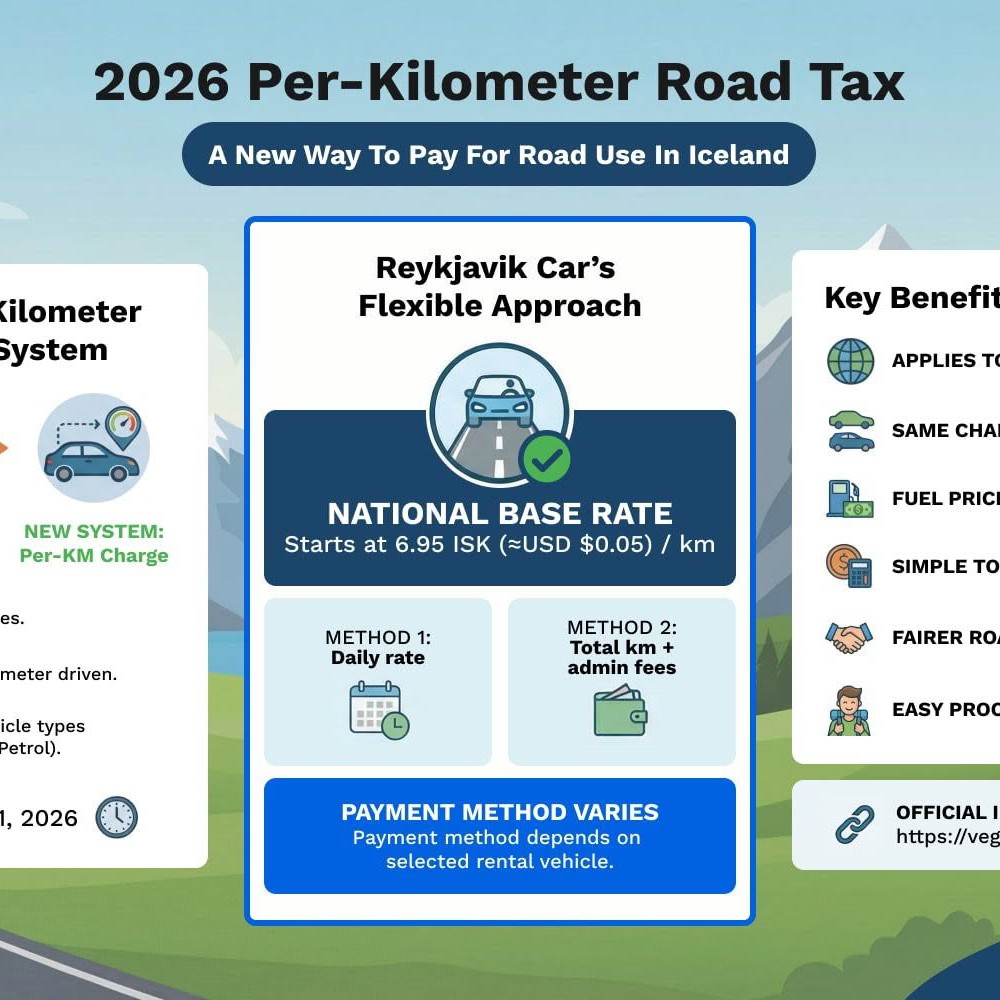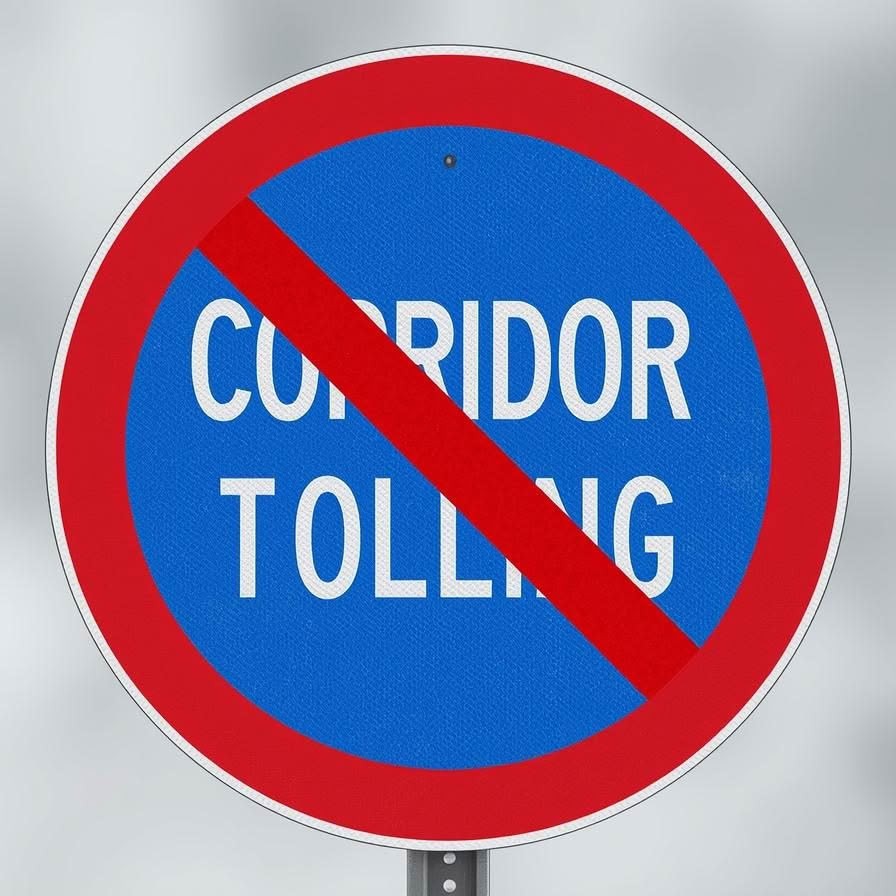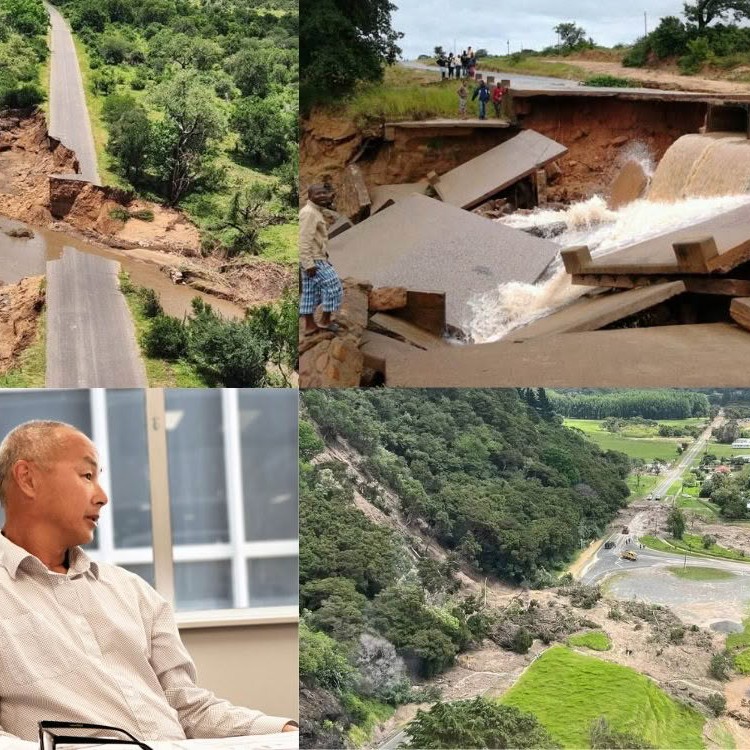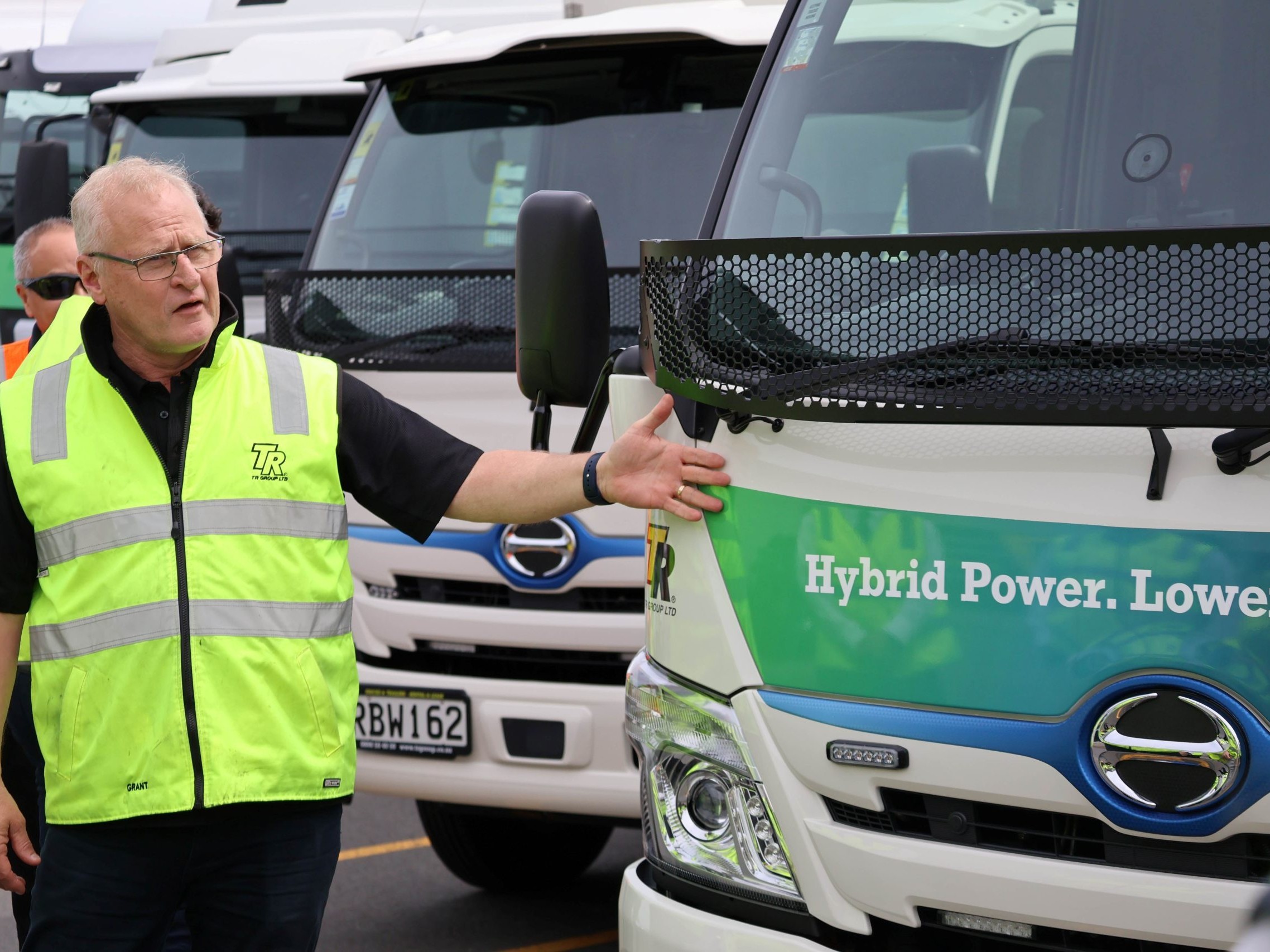
October was a busy month for Transporting New Zealand. Just two weeks after the North Island Road Freight Seminar and Industry Awards, we held a Road Freight Decarbonisation Update to share how the sector has been pursuing emissions reduction and what different pathways towards decarbonisation look like.
Four MPs from different parties in parliament were able to join us; three of whom sit on Parliament’s Transport and Infrastructure Select Committee. They each gave brief addresses to the approximately 40 guests of industry members, suppliers and other stakeholders.
Transporting New Zealand CEO Dom Kalasih kicked off the event by introducing our Green Fleet Self-Assessment Tool – a free online questionnaire developed with support from the Energy Efficiency and Conservation Authority (EECA). It’s aimed at businesses within the road freight industry who want to estimate their emissions impact and discover various ways to reduce it. Users of the tool may find that just by making simple changes in their everyday operations they can reduce both their environmental footprint and fuel usage/costs.
Industry leadership: TR Group’s practical approach
The presentations continued with TR Group outlining how the company is tackling decarbonisation through both technology and operational improvements.
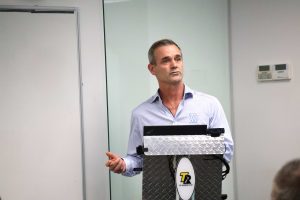
Managing Director Andrew Carpenter said the company’s approach was about leadership and action. “It’s the right thing to do,” he said. “We want to make that ‘hard’ a little less hard and a little more doable through our influence.”
TR Group has invested heavily in low- and zero-emission technologies, operating 60 battery-electric trucks and having 20 hydrogen trucks on order to support the development of refuelling infrastructure by Hiringa Energy. The company’s Hydrogen Fuel Cell Truck Project Manager, Grant Doull emphasised that “the right solution always begins by working backwards from the operational need.” TR Group’s fleet includes battery-electric, hydrogen fuel-cell, Euro 6 diesel, and hydrogen-diesel dual-fuel models, which attendees had a chance to view in the carpark after presentations ended. Each are suited to specific performance or range requirements.
TR’s New Energy & Emissions Reduction Lead Scott Donnelly reported that the company’s low- and zero-emission trucks have already travelled 2.5 million kilometres, preventing more than 1,200 tonnes of CO₂ emissions. The company also operates over 300 Euro 6 trucks, which emit significantly less nitrogen oxides and particulates than earlier models.
“Technology-agnostic” in its approach, TR Group’s focus is to “use the right product in the right place,” Donnelly said.
Political perspectives
Each of the four MPs present had a distinct take on how the road freight sector should navigate the low-emission transition.
Labour’s Climate Change spokesperson, Deborah Russell acknowledged both the progress made and the ongoing difficulty of decarbonising freight.

She linked the urgency of emissions reduction to October’s extreme weather events in the South Island. “Drivers are out there navigating these conditions. They’re often the unsung heroes… keeping shelves stocked, businesses running and communities connected,” she said.
Russell highlighted the former Labour government’s National Freight and Supply Chain Strategy, which focused on removing regulatory barriers to clean trucks and supporting low-emission freight infrastructure. Labour also backed the Green Freight Project, which explored the suitability of alternative fuels for road freight in New Zealand including hydrogen, biofuels, and electricity.
Looking ahead, she said Labour’s priorities include a National Freight Decarbonisation Strategy, investment in charging and refuelling hubs, and promoting mode shift where practical. “We need smart investment, clear policy signals, and practical support to help businesses make the transition while maintaining reliability,” she said, adding that further policy details would be released ahead of the next election.
National MP Dan Bidois, deputy-chair of the Transport and Infrastructure Select Committee, took a pragmatic stance – but also added he had a personal connection to the industry as his father was a truck driver for 30 years. Bidois said National’s focus is on growth and productivity as the foundation for decarbonisation. The way to accomplish this, he said, is through investment, infrastructure, and regulatory reform.
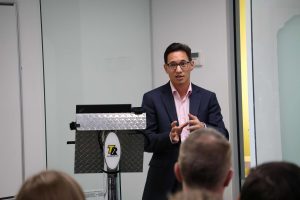
Bidois pointed to reforms of the Overseas Investment Act, the Investment Boost introduced in this year’s Budget, and the revived Roads of National Significance programme. He cited the $237 billion National Infrastructure Pipeline as evidence of long-term planning, while calling for bipartisan agreement to ensure continuity.
On regulation, Bidois said the new Fast-track Approvals Act and Resource Management Act reform were aimed at unlocking potential for growth.
He reaffirmed National’s commitment to net-zero emissions by 2050 under the Climate Change Response Act and expressed strong personal support for the goal. “Decarbonisation really needs to involve the industry and it needs to be led by industry, supported by government,” he said, or in other words: “where the rubber hits the road – it doesn’t happen in Wellington.”
ACT MP Cameron Luxton echoed many of Bidois’ themes but pushed further toward deregulation, saying the most important thing the government can do is “get out of the way.”
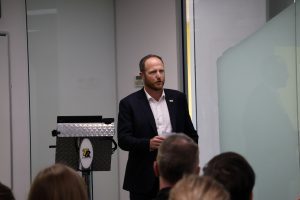
He said ACT’s role in the coalition so far had included refreshing public–private partnerships to attract investment and accelerate infrastructure delivery.
He argued that foreign investment and property-rights-based RMA reform were essential to deliver efficient networks and reduce costs. “The RMA is a massive handbrake on this country, but we’re replacing it,” he said, adding that efficiency – from road networks to backloading and fleet selection – should drive policy.
Green MP Julie Anne Genter offered a contrasting perspective focused on systemic change. She argued that “everything we do to decarbonise has co-benefits,” like cleaner air and safer, quieter roads.
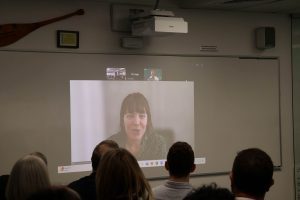
While optimistic about battery-electric trucks, Genter was more cautious about green hydrogen due to the associated high infrastructure costs. She stressed the value of partnerships and co-funding to help the private sector invest in cleaner technologies. During her term as Associate Minister of Transport between 2017-2020, she oversaw initiatives such as the Clean Car Discount, which she said provided an effective market signal to shift toward low-emission light vehicles.
A point with which her parliamentary colleague Cameron Luxton may surprisingly agree, she said (although he didn’t confirm either way) was that there’s too much focus on vehicles and the infrastructure they require, rather than what are the most efficient and cost-effective ways to move people and goods. She argued that the Roads of National Significance programme was “unaffordable and unfunded,” and that mode shift and collaboration would yield better long-term productivity and safety outcomes.
Politics aside…
The event wrapped up with updates on Low Emission Freight Certificates and EECA’s Low Emissions Heavy Vehicle Fund (LEHVF). The LEHVF offers grants covering up to 25% of the cost of purchasing or converting heavy vehicles to approved low- or zero-emission technologies, helping offset early-adoption costs.
Transporting New Zealand Chief Executive, Dom Kalasih said the day’s discussions demonstrated the sector’s “shared commitment to practical progress.” While political parties differ on how best to get there, there was broad agreement that decarbonisation must proceed in step with economic growth, infrastructure investment, and technological innovation.
We look forward to these conversations continuing into election year and beyond.
